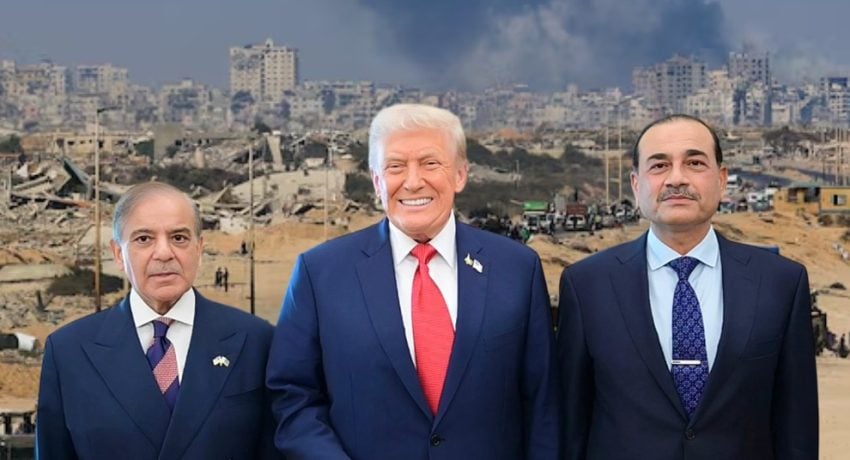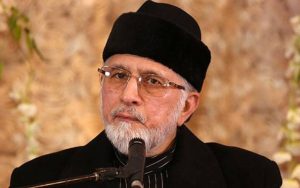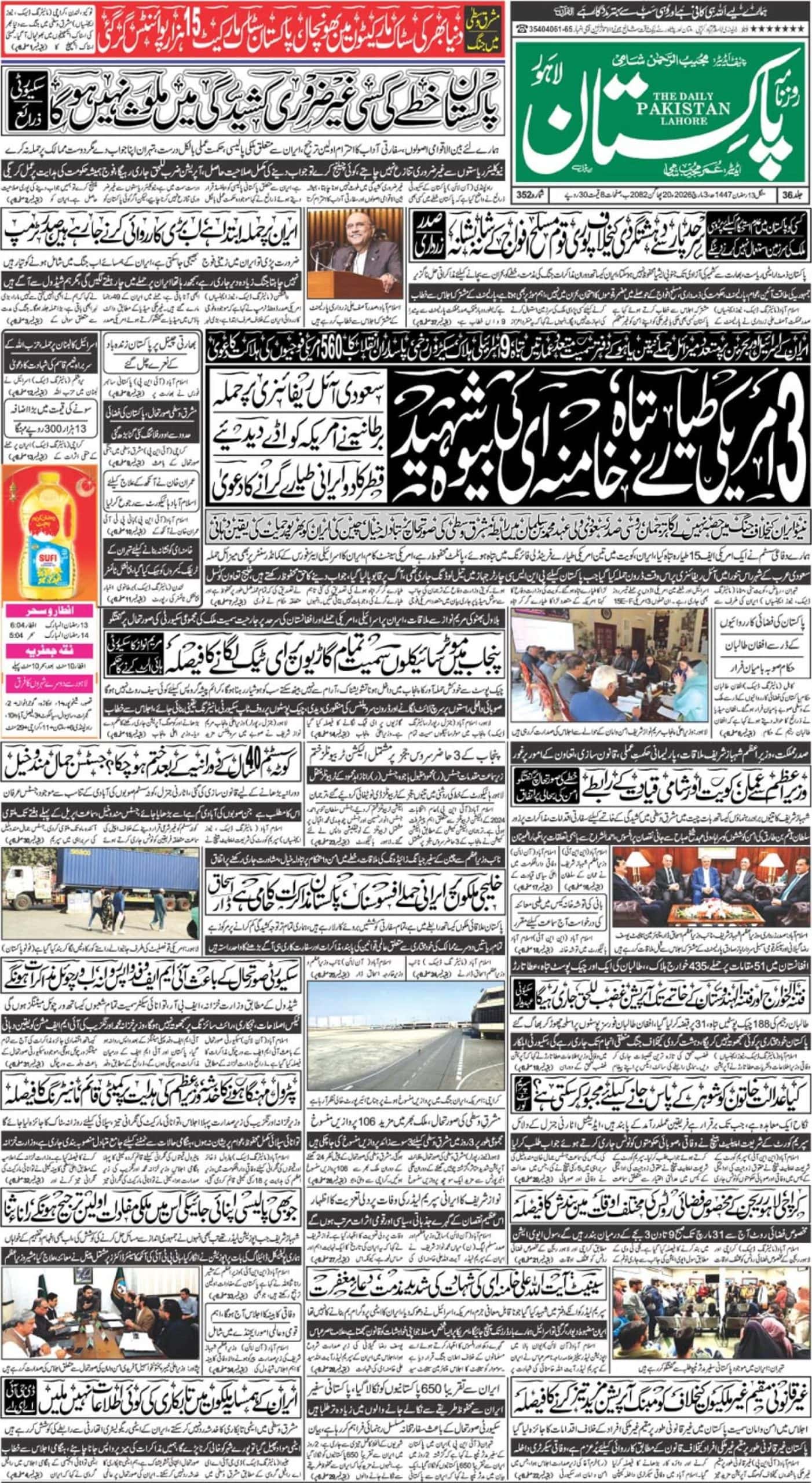ISLAMABAD – Pakistan took cautious approach, moving ahead with US President Donald Trump’s much-touted Gaza peace plan, due to differences with the proposals put forward by eight Muslim-majority countries including Pakistan itself.
Deputy Prime Minister and Foreign Minister Ishaq Dar clarified that Trump’s plan includes ceasefire, humanitarian aid, and an end to forced displacement, points central to Pakistan’s original recommendations. “This is not our document,” Dar made it clear during a presser.
Prime Minister Shehbaz Sharif and Pakistan’s top leaders welcomed Trump’s 20-point plan and endorsed its objective of ending the war in Gaza. President Trump had also publicly stated that Prime Minister Sharif and Field Marshal Asim Munir were “100 percent” supporters of the initiative. However, after the plan’s details were published on the White House website, Pakistan’s concerns appeared to grow, leading to a more measured stance.
Dar explained that amendments pushed by Israeli Prime Minister Benjamin Netanyahu made Israel’s military withdrawal from Gaza conditional on Hamas disarming, a condition Pakistan cannot endorse. “It does not include all the amendments we proposed,” Dar said, stressing that Pakistan remains committed to working with the eight Muslim countries to achieve humanitarian goals without recognizing Israel or participating in the Abraham Accords.
The shift in Pakistan’s position has been widely interpreted as a response to both domestic political pressures and public opinion.
Political parties and social media in Pakistan have strongly criticized Trump’s plan. Pakistan Tehreek-e-Insaf also called it as a violation of UN resolutions and international law, while Jamaat-e-Islami’s Hafiz Naeem-ur-Rehman condemned it as an endorsement of Israeli aggression against Palestinians.
Islamabad’s approach seeks to maintain neutral, humanitarian-focused stance while encouraging Arab and Muslim countries like Qatar and Turkey to engage with Hamas for a peaceful resolution. “The ultimate aim is to save lives and provide aid in Gaza without compromising Pakistan’s long-standing support for Palestinian self-determination,” said Shoaib.
Trump plan, wjich is now amended by Israeli government, introduced conditional Israeli withdrawals and security zones in Gaza, but the document’s vagueness leaves key questions unresolved. The success of the initiative depends on complex negotiations between Israel, US, Hamas, and Arab workd and that internal political pressures in Pakistan will continue to shape Islamabad’s response.
PM Shehbaz welcomes Trump’s 21-point peace plan for Gaza ceasefire














